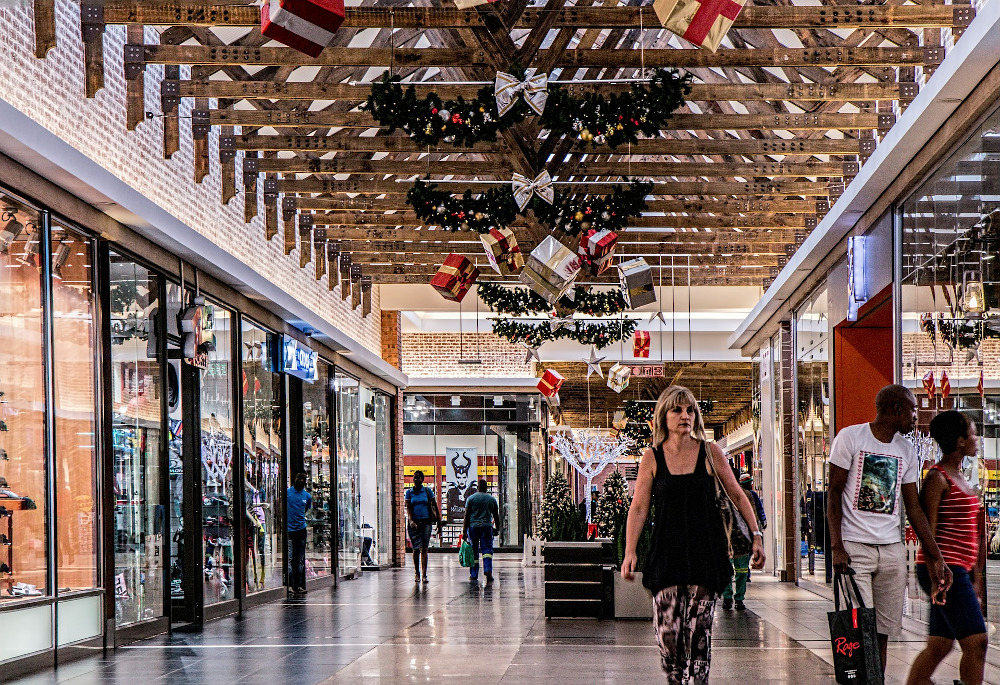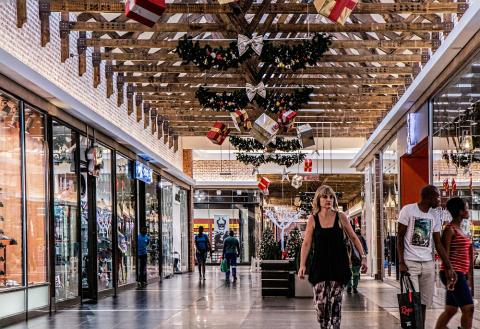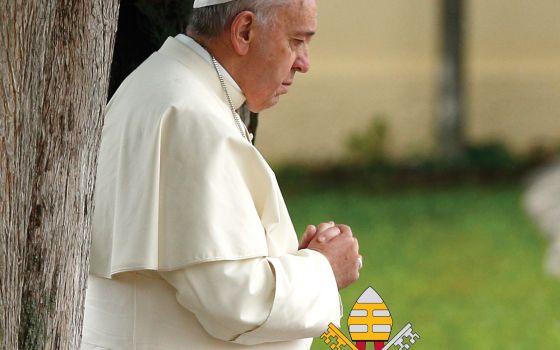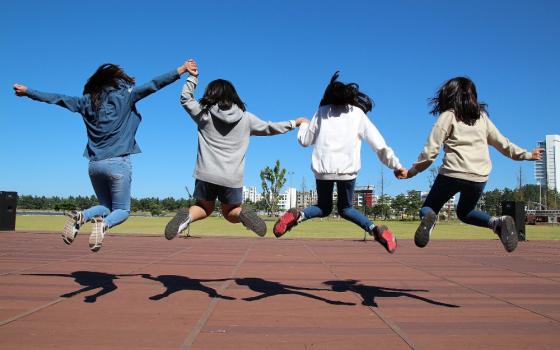
(Pixabay/stevepb)
READ
Chapter 5, sections 4 and 5
At the end of chapter 5, Pope Francis comments on the intersections of politics, economics, and human fulfillment. Regarding the economy, Francis writes: "It should always be kept in mind that 'environmental protection cannot be assured solely on the basis of financial calculations of costs and benefits. The environment is one of those goods that cannot be adequately safeguarded or promoted by market forces'. Once more, we need to reject a magical conception of the market, which would suggest that problems can be solved simply by an increase in the profits of companies or individuals. Is it realistic to hope that those who are obsessed with maximizing profits will stop to reflect on the environmental damage which they will leave behind for future generations?" (190).
He also points to the routine of businesses not incurring financial costs for the negative environmental impacts of their operations: "As long as production is increased, little concern is given to whether it is at the cost of future resources or the health of the environment; as long as the clearing of a forest increases production, no one calculates the losses entailed in the desertification of the land, the harm done to biodiversity or the increased pollution. In a word, businesses profit by calculating and paying only a fraction of the costs involved" (195).
REFLECT
As big as the effects of macroeconomic activities may seem, remember that real people exist behind the corporations whose operations harm the poor and the planet. Our individual actions matter. People of faith are especially called to use our spirituality to motivate us to make sacrifices in service of the common good. There are plenty of temptations out there, but it's like Fransis says: "Believers themselves must constantly feel challenged to live in a way consonant with their faith and not to contradict it by their actions. They need to be encouraged to be ever open to God's grace and to draw constantly from their deepest convictions about love, justice and peace" (200).

(Pixabay/stevepb)
ACT
I know "conscious consumerism" is thrown around a lot when talking about sustainable lifestyles, but truly, voting with your wallet can make a difference. However, be alert to signs of greenwashing – or when a brand's sustainability marketing doesn't align with their business practices – when shopping. Given how common it is for brands to mislead consumers with their marketing, it's important to research the companies behind any given product.
Next time you need a product or service, consider doing business with a Certified B Corporation. B Corps are companies that meet rigorous environmental and social standards, and over 3,000 have this designation to date. Or, when in doubt, know that buying secondhand is always the most sustainable option, and you might find more transparency from smaller or locally-owned businesses.
Advertisement







